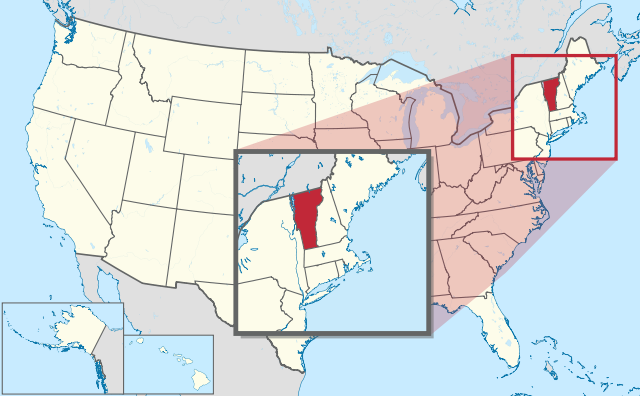 I’ve lived in Vermont for just over two years now so I have a *somewhat* informed opinion about the state. Let me tell you about some of its selling points and drawbacks. Below we have a list of positives, neutrals and negatives: Positives
Neutrals
Negatives
In conclusion, I generally feel safe here but rarely engaged outside of work. I find that I have the responsibility of creating whatever culture or event I want to see here and it’s burdensome. It is work outside of work. In some other places, like New York City, a subway train ride can bring me close to like-minded people any day of the week and likely at any time of the day. In Los Angeles, we don’t even say we want “Asian” food-- we have the privilege of specifically saying “Thai” and pursuing a variety of price points for that country’s cuisine any. day. of. the. week. However, New York City’s safety record is lower than Vermont’s and Los Angeles’ traffic and parking are epic things of legend. Both of these aforementioned cities have what I’ll call “saturation points” in terms of population that can be suffocating. But I suppose this is a game of “pick your poison”: do you prefer to be under or overwhelmed? Do you want to create culture or live adjacent to it? Do you want to be anonymous or to be known? Depending on what tickles your fancy, Vermont might be your paradise.
8 Comments
|
AuthorMy name is Katrina Spencer. I'm a librarian. Archives
February 2020
Categories |
 RSS Feed
RSS Feed